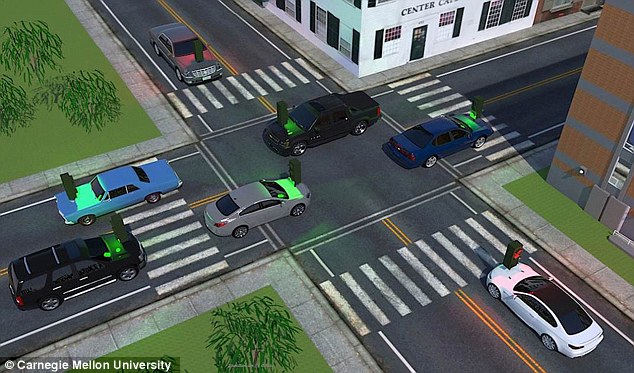By Jonathan Round.  Our speedy trip through Matthew’s gospel at The Well has really got going by the time we reach chapter 10. This chapter and the next move on from some key teachings about the nature of the Kingdom of Heaven and demonstrations of the Kingdom in action. In this chapter, we see Jesus sending out his disciples and in the next some teaching for the masses on how they might respond.
Our speedy trip through Matthew’s gospel at The Well has really got going by the time we reach chapter 10. This chapter and the next move on from some key teachings about the nature of the Kingdom of Heaven and demonstrations of the Kingdom in action. In this chapter, we see Jesus sending out his disciples and in the next some teaching for the masses on how they might respond.
For us as his disciples, these are pivotal chapters – this is the bit of the gospel that perhaps we could most directly relate to, as we are also sent out, and we also have trouble responding properly.
Now Jesus, being the Son of God, you would have thought would be the best person to demonstrate the Kingdom of God to others. In fact, this is what He has been doing. However, rather than a ‘more of the same’ approach, Jesus decides to use His rather motley entourage (they later earn the right to be called disciples) to carry on this demonstration.
History has shown this was a good move, but at the time, it must have looked insane. A rag-tag of undereducated fishermen, wayward scholars and a despised, formally crooked tax collector charged with the mission of representing Jesus? I’m used to ‘discipling’ my medical students, and asking them to do things under my supervision, but this is another level. Its almost equivalent to me being asked to see a sick child in casualty, and deciding to send down 12 people I had just met in the coffee shop, their only qualification being that they weren’t already employed by the NHS.
Well of course Jesus knew what He was doing, and as we listen to His advice, all these years later it still shows us how to be effective, productive, and to some extent, safe.
“I am sending you out like sheep among wolves.
Therefore be as shrewd as snakes and innocent as doves.”
Its nice to see the humble and retiring snake getting a positive analogy after the garden of Eden and numerous Harry Potter sequels, and the four creatures here tell us a lot about a disciple’s interaction with the rest of the world.
Firstly – it can be hostile. Wolves are not known for vegetarian tendencies. They have a mission themselves – to devour sheep. Earlier in the chapter we learn that there will be places, houses, people and towns that receive the peace of the Gospel. We are told to look for these, be refreshed and use these as a base. But to move on if no such place of peace can be found. Its simply too dangerous, and worse still, ineffective without that beginning of acceptance.
And this is where the snakes come in – they sense danger and mostly slither away before they can be harmed. The innocence of the doves describes how we need to approach new situations without pre-judging the response.
So, what does this all mean for a 21st century disciple, living in a Western culture?
Go, be different and proud of it.
Look for those who will accept you.
Don’t stick around if these people aren’t around.
Expect the best, but be sensitive for hostility.
When reading the chapter, I am struck by the way in which two cultures are colliding. No wonder the disciples needed the advice. To me, its like two roads crossing each other, without traffic lights – you can’t avoid some sort of challenge and response. Contrast that with a motorway junction – all smooth slip roads enabling new users to integrate comfortably with the existing users. Much as we might wish to have a smooth ride, no clashes or confrontation, the Kingdom of God is quite different to the way the world works.
